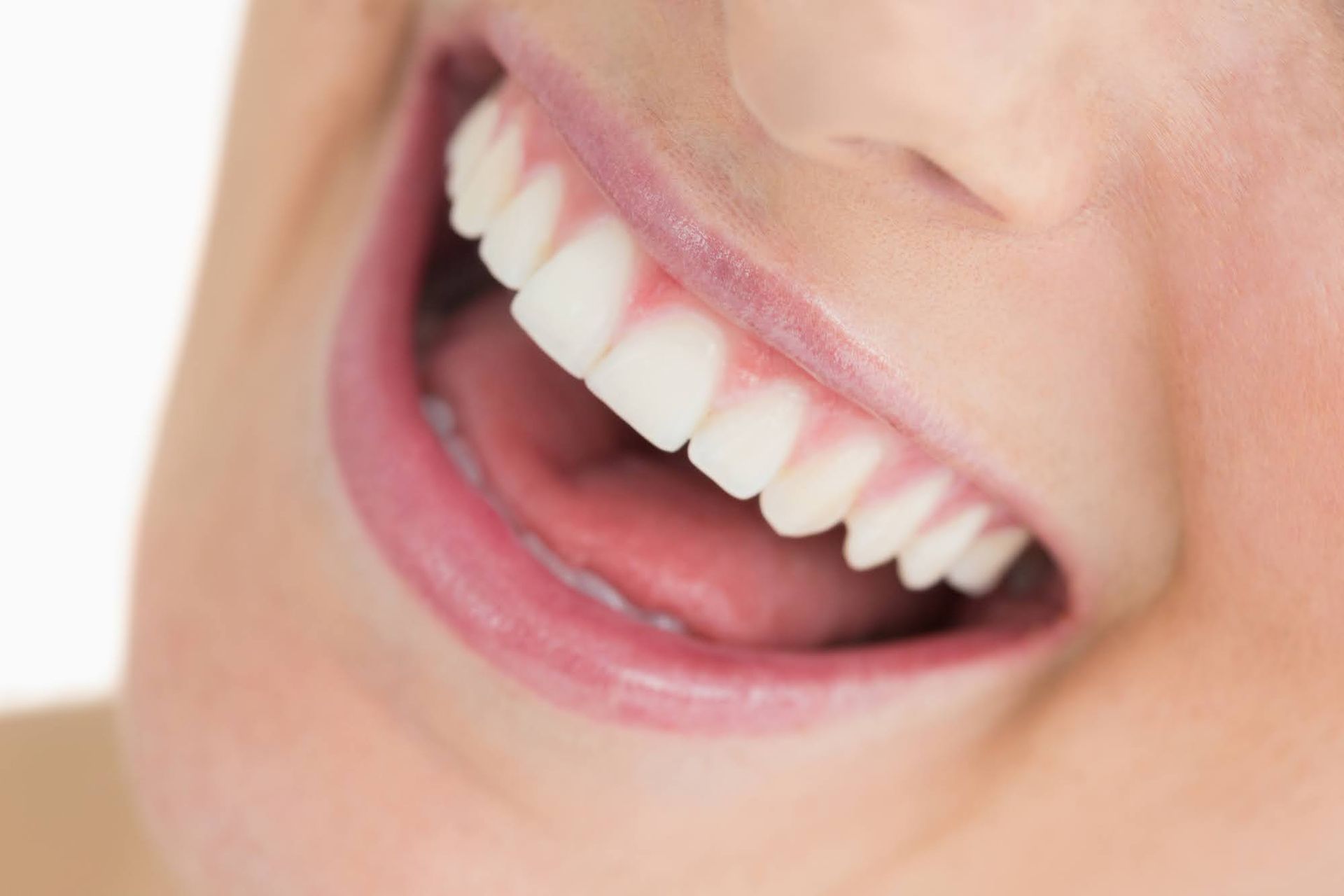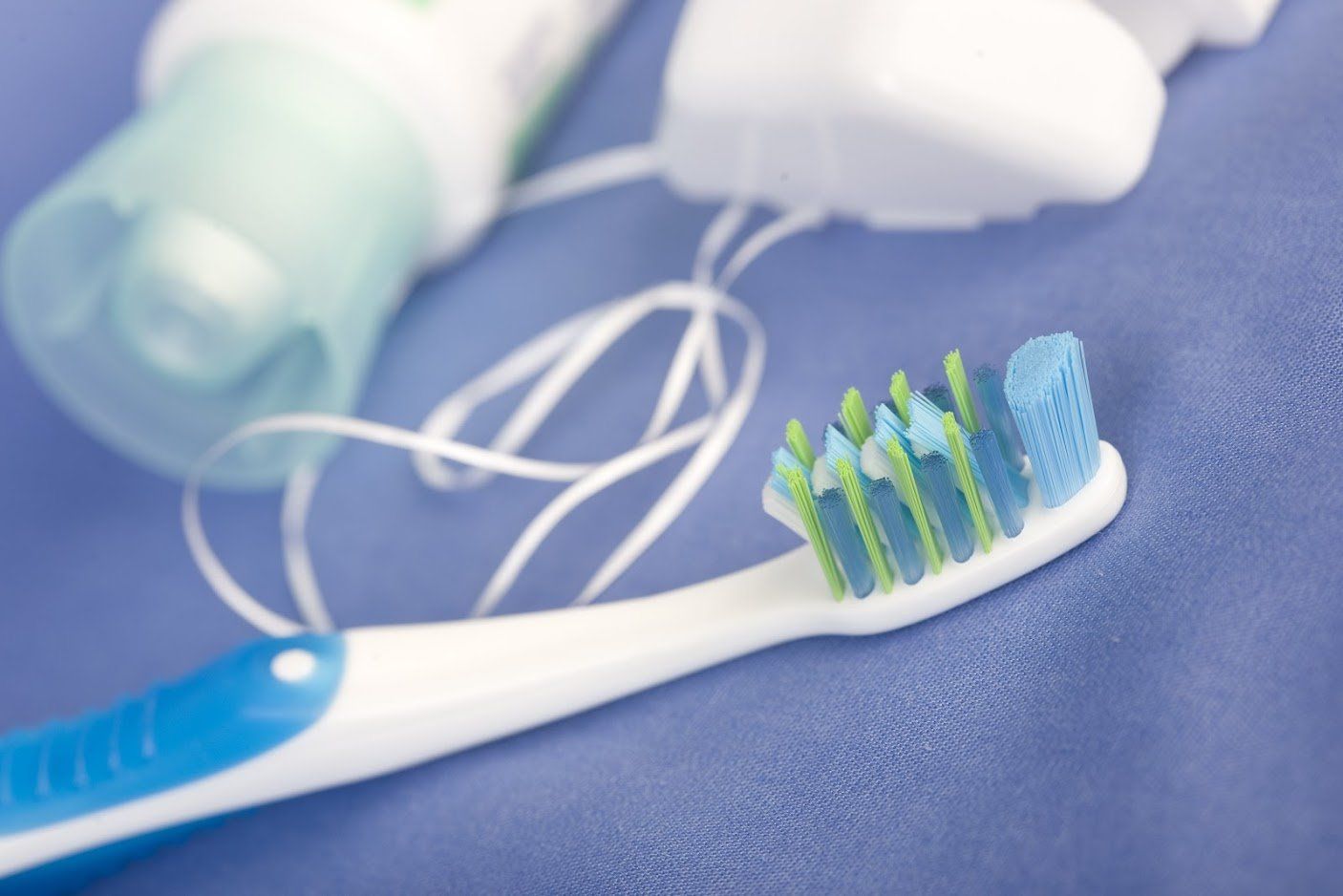1801 S. 16th St. Wilmington, NC 28401 (Located Near New Hanover Regional Medical Center)
Email:
fdcwilmington@mydentalmail.com
WE CATER TO COWARDS WITH GENTLE DENTAL CARE | SERVING WILMINGTON, NORTH CAROLINA, AND SURROUNDING AREAS | 910-795-2602
1801 S. 16th St. Wilmington, NC 28401 (Located Near New Hanover Regional Medical Center)
Email:
fdcwilmington@mydentalmail.com
5 Ways to Preserve Thinning Tooth Enamel
- By Treman Dental
- •
- 06 Feb, 2023
- •

If your teeth appear yellowish despite your best efforts to whiten them, or if you can feel grooves or other worn spots in your teeth, you may need to make some lifestyle changes or pursue dental treatment options to keep your remaining enamel in optimal condition. Give serious thought to the following five helpful strategies.
1. Avoid Acidic Foods and Drinks
If you worry about the state of your tooth enamel, minimize or discontinue your consumption of citrus fruits and juices, sports drinks, coffee, tomatoes and tomato sauces, sour candies, alcoholic beverages, and soft drinks. If you must drink acidic drinks, use a straw, drink the beverage quickly, and then rinse your mouth with water.
2. Get Treated for Bruxism
To prevent bruxism from damaging your teeth, ask your dentist to provide you with a personalized night guard molded to fit your teeth. This safeguard will cushion the enamel against the grinding action of opposing teeth. You may also want to get your tooth alignment checked since misalignment can sometimes cause bruxism.
3. Consider Dental Sealants
Many dentists recommend dental sealants for children who haven't yet mastered the art of dental hygiene. However, sealants can also safeguard adult teeth against acids and decay. Your dentist will apply a thin coating of resin to the molars' inner surfaces. Once the resin hardens, it can act as a protective shield for years.
4. Ask About Restoration Options
Dental restorations offer a degree of long-term protection and aesthetic improvement. For instance, if your front teeth have turned yellow due to thin enamel, you can have them covered with thin, tooth-colored veneers. If your back teeth need extra reinforcement, you can receive permanent crowns.
5. Use Fluoride as a Protectant
Fluoride toothpastes and rinses can actually strengthen your tooth enamel's resistance to acid erosion. Research indicates that this ionized form of the mineral fluorine attaches to calcium ions on the surface of the enamel. This action helps to preserve calcium that might otherwise get dissolved by acids.
For fluoride to perform this protective function, it needs to stay on the teeth for several minutes at a time. If you rinse with a fluoride mouthwash or brush with a fluoride toothpaste, give the fluoride time to work before rinsing out your mouth, eating, or drinking.
Family Dental Care of Wilmington can check your tooth enamel for weakness, provide the most sensible course of treatment for your condition, and advise you on best practices for keeping your teeth as strong as possible for many years to come. Contact our dental office today.
Our Videos
Voted Best Dentist 2023 for the sixth year in a row!
PAYMENT
























